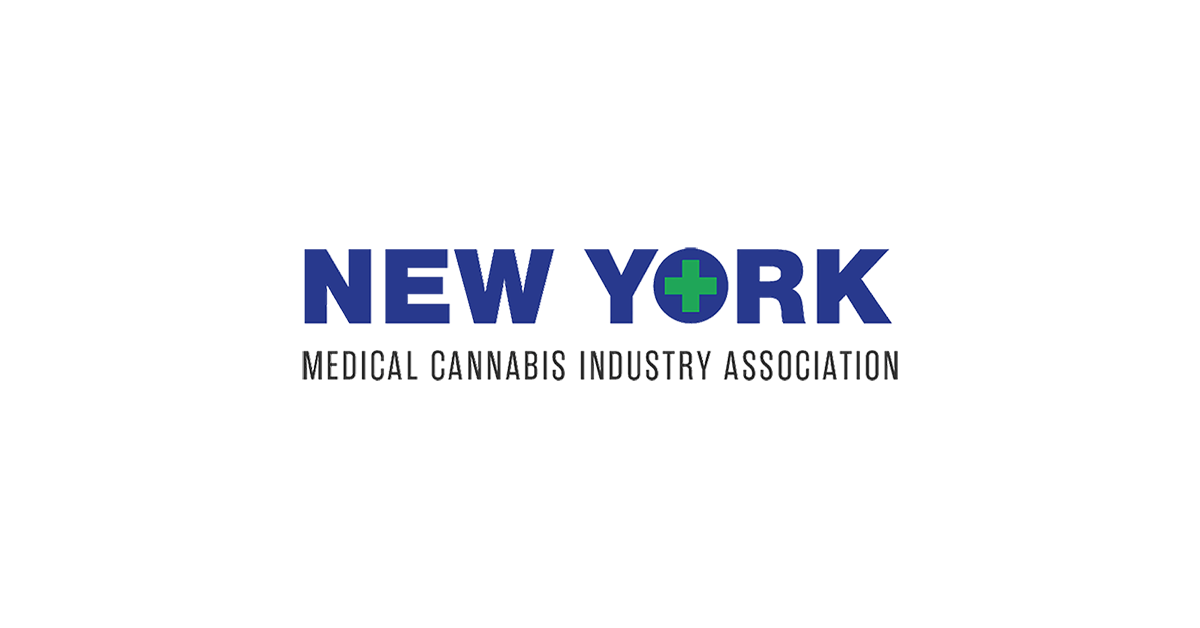New York Will Be Buzzing with Union Jobs Thanks to Upcoming Pot Industry
The recent legalization of recreational marijuana in New York is set to launch thousands of jobs.
Union jobs in New York are about to be so dope.
Thousands of well-paying gigs — with great benefits to boot — are on the horizon in the state, thanks to the recent legalization of recreational marijuana, labor leaders tell The Post.
The Local 338 of the Retail, Wholesale and Department Store Union — the so-called “cannabis union” whose patch is a bright green marijuana plant — is chomping at the bit to represent thousands of workers in the budding market.
“We expect a decent-sized cannabis industry developing in New York State,” said Joseph Fontano, secretary-treasurer of the Long Island-based union. “I think the numbers of new workers will be significant. Will it be in the thousands? There will be a few thousand workers in the cannabis industry.”
He added, “We’re going to push to organize as many of those facilities as possible.”
The law legalizing the recreational use of marijuana was approved in March, but Gov. Andrew Cuomo has yet to launch the regulatory agency to issue licenses to grow and sell cannabis.
A Rockefeller Institute study estimated the new weed industry could create 30,000 to 60,000 jobs.
Under the new law, firms involved with cultivating, manufacturing, transporting or selling pot will have to have a “labor peace agreement” — enabling unions to organize all workers.
Fontano’s union currently represents several hundred workers employed for cannabis that’s produced, distributed and sold for medicinal purposes — but the number of union jobs will grow exponentially when full-scale legalization of marijuana for the adult market is up and running.
Local 338 currently has collective bargaining agreements with six different firms with contracts to grow and sell marijuana for medicinal purposes. And it’s negotiating a labor deal with a seventh company as it prepares to represent more pot workers in the recreational market.
Workers represented by Local 338 who work at cannabis farms and manufacturing facilities make about $24 per hour. The average pay for workers at retail stores is $19.50 per hour. And pharmacists in the union earn about $65 per hour, which is competitive or even higher than chain drug stores.
All of the labor contracts provide family medical coverage that includes dental and vision coverage with no co-premium, which is paid by companies for all full-time workers. Co-pays are $5 and $10 for doctor visits and prescriptions.
“These are good-paying jobs with good benefits. The labor movement is always looking for an opportunity to grow. We’re very excited about the growth opportunities in the cannabis industry,” Fontano said.
One union member, Cherish Quijano, 35, who works at the Curaleaf medical cannabis dispensary in Forest Hills, was certain the coming recreational marijuana market will provide plentiful jobs to more people like herself.
“It’s definitely a great opportunity for jobs in general in the cannabis industry — whether medicinal or recreational. The market is going to expand tremendously,” said Quijano, who also takes medical cannabis to deal with pain after undergoing knee surgeries.
“It’s definitely an opportunity for the underprivileged. It will be a great opportunity for low-income areas.”
Quijano is currently taking online courses paid by her union to earn a bachelor’s degree in administration.
“I want to move up in the company or do something on my own,” said the Williamsburg resident, who floated the idea of making cannabis edibles, like brownies, cookies and lollipops.
Quijano also said it will be safer to buy weed legitimately through vetted operators instead of through the shadowy black market.
“We want to avoid people having bad trips because they were misinformed. Educating people is very important. It’s safer dosaging. In the black market you don’t know how much you’re taking or what you’re taking,” she said.
Pharma-Cann, one of the state’s 10 licensed medical marijuana providers, plans to expand into the recreational cannabis market and double its New York workforce from 250 to 500, said its CEO Jeremy Unruh.
Unruh said Pharma-Cann — which also manufactures and sells cannabis in Massachusetts, Illinois, Maryland, Ohio and Pennsylvania — is spending $31 million to upgrade its pot plants in upstate Hamptonburgh to ramp up its supply of cannabis in New York. It plans on applying for a license to grow and sell pot in the recreational, as well as medicinal market.
“We’ll grow as many plants as the state lets us grow. The market will grow 10 times what is now,” he said.
Unruh said New York City has the potential to be the golden goose for the fledgling marijuana industry — as long as Albany doesn’t screw things up.
“New York City is one of the most diverse, energetic places on the planet. There will be more than 1 million customers,” he said.
